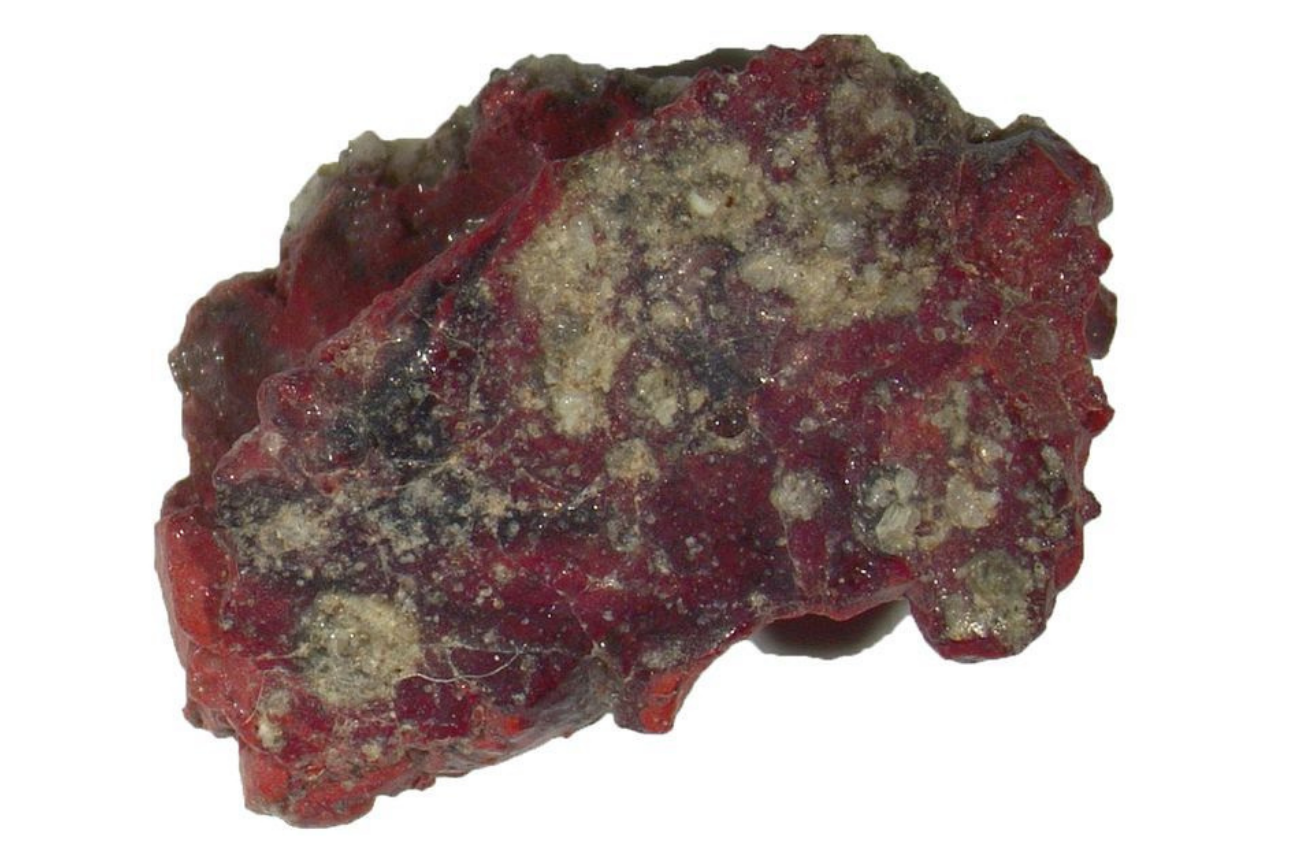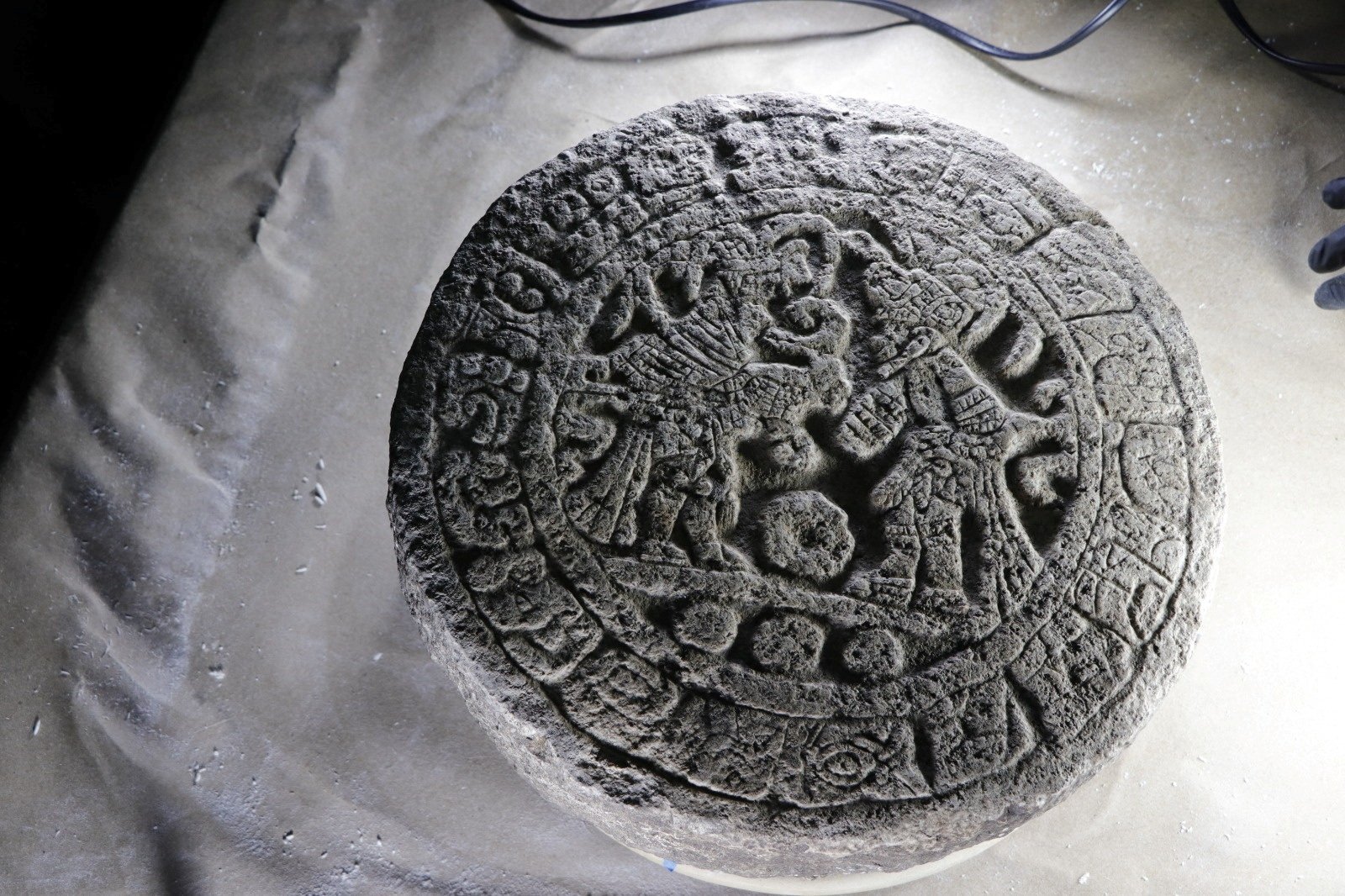In keeping with everything springing back to life and growing we have a blossoming collection of links to items you may have missed this month.
Science, Technology, Natural World
First off, here’s a Twitter thread from astrophysicist and science communicator Katie Mack assessing future technology.
Looking the other way, at the consequences of the universe’s origins, there appear to be four possible types of multiverse.
Weirdly it seems that the majority of planets in the Galaxy are in orbit around stars we cannot see. [££££]

And to “homemade” stars … the first atomic bomb (the Trinity Test) created a “forbidden” quasicrystal.
Meanwhile some evolutionary innovations wait millions of years for their chance to shine. [LONG READ]
Wasps complicated social lives can illuminate the evolution of animal societies.
Palaeontologists have recently found the oldest bat skeleton on record.
At the other end of the accessible world scientists have spotted an unknown fish at a record depth of 8300 meters off Japan.

Talking of unknown life in unexpected places … oceanographers have found a massive river and cavern beneath a West Antarctic glacier which is teeming with life. [LONG READ]
Finally in this section of the unexpected, scientists are reporting that plants emit rapid bursts of ultra-sound when stressed – although it isn’t clear if this is an artefact of their structure or a “deliberate” act.
Health, Medicine
Here’s a review of Kate Clancy’s new book Period, which aims to change we understand menstruation.
Sexuality
According to a recent survey Britain is a lot sexier than thought.
In an unsurprising finding it seems sexual wellness and talking about sex helps us flourish.
All of which makes sense when you consider that someone, somewhere, thinks we all need to learn the dos and don’ts of kissing.
Social Sciences, Business, Law
So are coincidences real, or are they merely us spotting patterns which should be expected? [LONG READ]
Art, Literature, Language, Music
Researchers have looked at the science underlying why some Renaissance artists used egg in their oil paints.
History, Archaeology, Anthropology
Let’s start this long section of history with the Ancient Egyptians … They seem to have been creating automata 4000 years ago.
Also in Ancient Egypt, archaeologists have found a collection of severed hands and suspect it is evidence of trophy-taking.

Across the globe in Mexico archaeologists have found what they believe is a scoreboard for the ancient Mayan ball game pelota (above).
Iceni Queen Boudicca who led a revolt against the Romans is enjoying a resurgence as a symbol of rebellion and a feminist icon.
New dendrochronology shows the Vikings really did live in Newfoundland around 1021, but we don’t know how long for.
A building archaeologist asks “what is a castle?“. [LONG READ]
In a surprise twist Pink Floyd have inspired research into medieval monks and volcanology.
Going Medieval takes a look at nobility, courtship, moral justification, and sexy tapestries. [LONG READ]
In another round of medieval myth-busting our building archaeologist looks at why the historic records may not tell you the date of your house. [LONG READ]
Etchings of the Coronation of Charles II in 1661 by Wenceslaus Hollar have been found hidden in the back of a cupboard.

Temple Bar was once an historic boundary to the City of London – and the site still is. [LONG READ]
They’re digging underneath the Palace of Westminster, and one recent discovery is an 18th-century fish token gaming counter.
London
Over 300 old London street signs are up for auction next month (18 May).
Lifestyle, Personal Development, Beliefs
In a break with tradition, King Charles will use a new coach for the Coronation procession to Westminster Abbey – and it has electric windows and air con.

Some people absolutely cannot abide being in the same room as some of their hated foods.
People
And finally, the 40-year mystery of three abandoned children and two missing parents.
